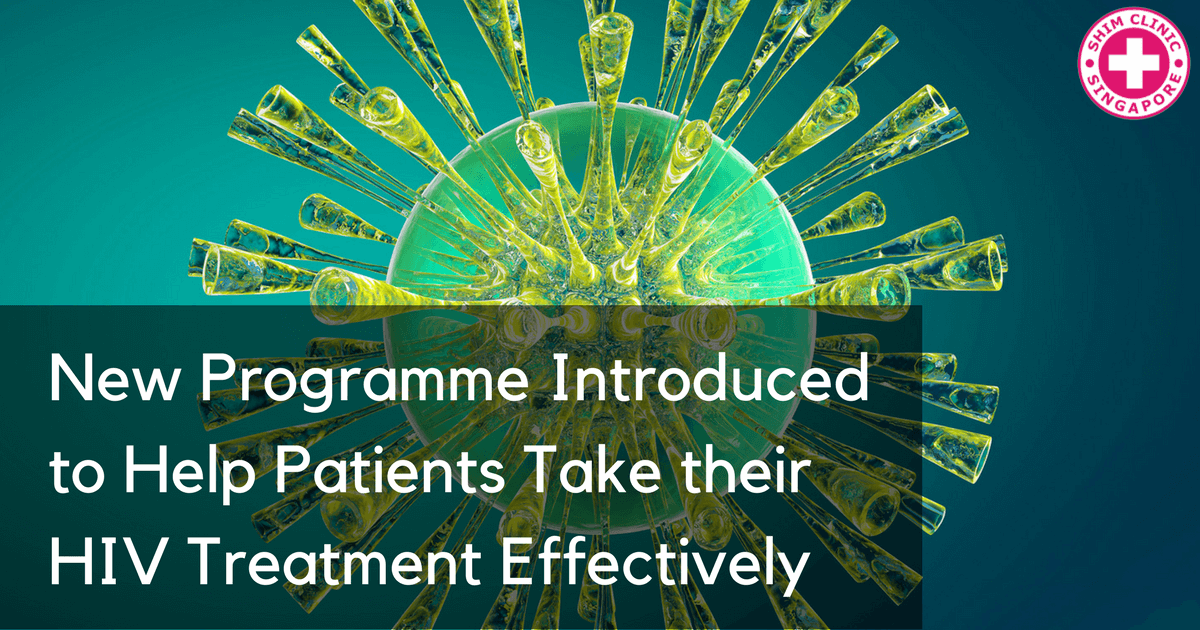Antiretroviral treatment is taken by people living with HIV to suppress the progression of the virus. The treatment is taken on a daily basis and for it to work, and it has to be taken on a regular basis. For those who take the treatment as prescribed, it works so well that their life expectancy is almost the same as for those who are healthy. Additionally, successful treatment of the virus makes it very unlikely for transmission of the virus.
However, there are those who take their ART medication irregularly causing it to fail. Some even discontinue the treatment altogether. The now and then use of ART treatment provides an opportunity for the virus to replicate and attack the immune system which may potentially lead to AIDS. It is because of these people that researchers came up with a new programme to help them take their HIV medication for maximum positive effect.
The Programme Itself
The programme analysed over 200 patients from 7 different hospitals across Netherlands. Their viral load was measured prior to the intervention as well as three times after its commencement. The researchers used a combination of methods that saw a growth in treatment success rates.
These methods included self-management strategies, patients tracking their medication using electric pill bottles as well as counselling. In comparison to patients who received regular care, the success rates of those who took part in the intervention were almost more than 18%.
In the event that a patient’s amount of virus in the blood was detectable twice successively after the intervention, it was termed as ‘treatment failure’. A considerable drop in treatment failure was noted in those who received the intervention as compared to those who had received regular care.
Experts from the research found that the intervention improved the health life of people as well as reduced cost. One of the researchers mentioned that the intervention was the first of its kind in HIV care that proved effectiveness both clinically and in terms of cost.
Benefits of the Intervention
The intervention has proved to improve drug adherence and in reducing treatment failure especially for specific groups that struggle to take the medication on a daily basis.
For those who take the treatment on an irregular basis, money is lost because the drugs can only work if taken on a daily basis. When these people are put on the intervention, they save on the cost of drugs that when taken contrary to the prescription could be wasteful and ineffective in their purpose.
For the patients, the intervention makes it possible for the virus to be undetectable. Low viral load of the virus means that the virus is very unlikely to be transmitted to other people cutting down the transmission rates that researchers across the globe have been struggling to do over the years.
In conclusion, the intervention is beneficial for patients as well as the society at large, besides the current use of HIV PrEP and HIV PEP. However, it is important for the researchers to test the benefits of the interventions against other chronic conditions. This is to reduce chances of medication non-adherence which are common in short and long term treatments for many diseases.

